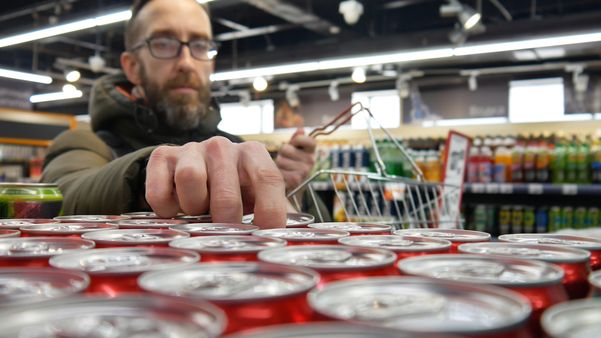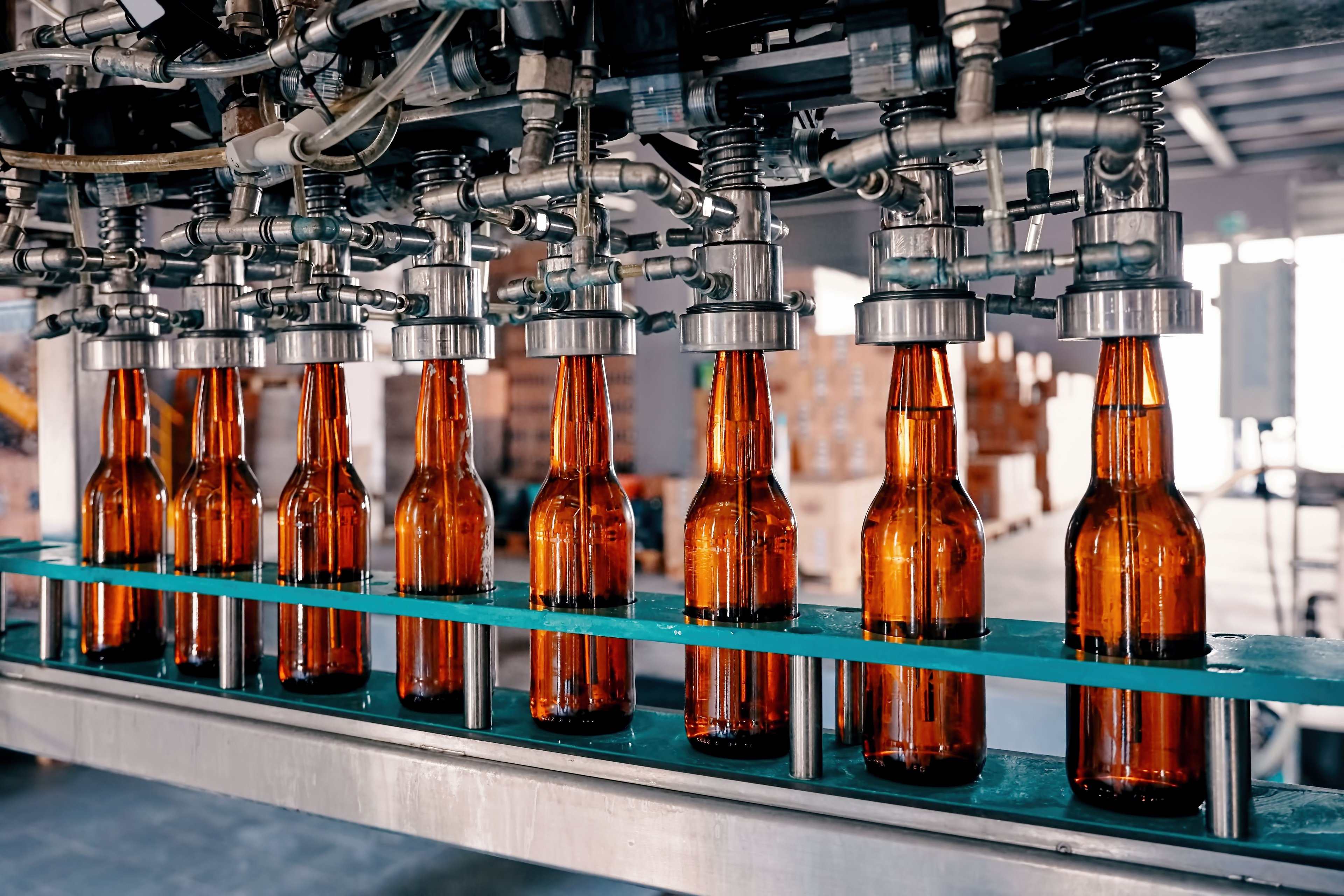Boston Beer (SAM +2.72%) reported fourth-quarter 2012 earnings last week, and in 2012 the company behind Sam Adams sold more beer and made more money than ever before, as well as reiterated upbeat guidance for 2013 earnings. This good news was tempered by a decline in earnings per share of 9.5% for the year and 6.4% for the quarter, and management warnings of a progressively more competitive atmosphere in craft beer.
The decline in earnings was primarily the result of two special circumstances in 2011: two favorable legal settlements related to a 2008 recall and a state income tax dispute that added considerably to 2011 earnings, and the fact that fiscal year 2011 had an extra week compared to fiscal year 2012. Even so, on the earnings call management identified several headwinds for Boston Beer, as well as opportunities.
Fighting for market share
Boston Beer failed to achieve its penetration goals with its "Freshest Beer Program," an aggressive initiative that seeks to reduce the amount of time Boston Beer products spend in wholesalers' warehouses through better on-time service and demand forecasting. The idea behind the program is that fresher beer will taste better and garner customer loyalty, but it has been difficult to implement. The company hoped to have 75% of its volume within the Freshest Beer Program by the end of 2012; instead it only managed a disappointing 59%. It has claimed a 65% to 75% goal for 2013, but the company may find that the easy targets for the program have already been poached, and the going will be much tougher from now on.
This is too bad, because Boston Beer could really use the advantage of always having the freshest beer on the shelf as it contemplates a much more crowded and competitive environment. Boston Beer is being squeezed from above and below: New craft brewers are pushing into the market every day, while major brewers like Budweiser parent Anheuser-Busch Inbev (BUD +0.75%) and Molson Coors (TAP +1.04%) are producing ever more specialty beers meant for an upscale market.
Boston Beer has been fighting for shelf space recently, and has responded by offering a dizzying variety of beers: 2012 alone saw Boston Beer distribute over 50 styles of beer. On the plus side, the Samuel Adams seasonal offerings have supported excellent growth, but this strong performance masks weakness in core Sam Adams offerings like the iconic Boston Lager. CEO Martin Roper noted on the call that returning the core styles to a healthy state is the "number one priority within the company," but this decline has been ongoing for years with no sign of a reversal.
Creeping costs
The need to constantly innovate with new styles of beer in order to stay relevant requires Boston Beer to continue to lay out considerable capital investment, with the company estimating 2013 capital spending to increase, and to come in between $70 million and $85 million. CFO Bill Urich noted that the company stands by the need to invest in brands, saying, "We are prepared to forsake the lost earnings that may result from these investments in the short term as we pursue long term profitable growth." An excellent frame of mind, but definitely a headwind in attaining the kind of profitability the company enjoyed when it had the field to itself.
Gross margins declined 120 basis points in 2012, landing at 54.3%. Management doesn't anticipate a recovery in 2013, estimating gross margins between 53% and 55%. The new competitive environment has hindered Boston Beer's ability to push through price increases to fully offset the rising cost of hops, barley, and other commodities, further squeezing the company's bottom line.
Opportunities in a crowded market
Boston Beer maintains a solid balance sheet, with $74.5 million in cash as of Dec. 29, 2012. Previously I'd thought that the company might be able to deploy this capital through acquiring smaller brewers in friendly deals, as it did with Angel City Brewing in Los Angeles, but Roper seemed skeptical that there are many opportunities to consolidate within the industry. He frankly noted that craft brewing "is a fun business to be in, it's growing, it's very exciting ... [and] people want to protect the spirit of their own brewery," concluding that there aren't many willing sellers. Combined with some logistical difficulties in integrating wholesale customers, this seems like a compelling case.
Boston Beer's other set of competitors may actually offer some more promise. ABI and Coors have been intensifying their push into speciality offerings priced between adjunct lager and true craft beers, and recently came out with Black Crown and Third Shift, easy lagers aimed at a more upscale market. Rather than viewing this as a threat, however, Roper seems to believe that mid-priced, near-craft offerings from major brewers might offer "entry-level craft beer styles for people to trade up," essentially acting as a springboard from Bud Lite to Sam Adams. Still, though, Roper acknowledged the short-term risk that variety-hungry craft beer drinkers would trade down just to try these new styles.
Bottom line
While challenges remain ahead, the quarter and the year were very strong for Boston Beer financially and operationally. Boston Beer is in excellent hands, and the biggest concern for shareholders should not be the company's execution or market opportunity, but rather its valuation: With shares currently trading over 35 times earnings, Boston Beer investors are paying an even bigger premium than Boston Beer drinkers.








